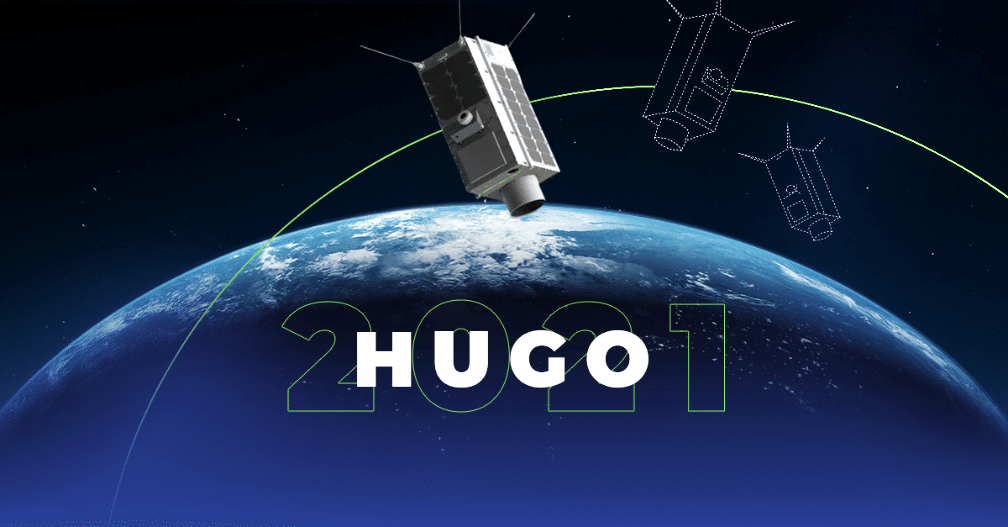
GHGSat has completed the second tranche of a funding round initiated in 2020, thereby closing its total Series B funding at $45 million — the company has raised more than $70 million since its inception in 2011.
GHGSat is accelerating its growth and this additional funding will allow it to expand its GHG emission detection array to 10 satellites and 3 aircraft sensors by 2023. The second tranche of Series B funding was, once again, supported by the Government of Québec through Investissement Québec, OGCI Climate Investments and Space Capital, reaffirming their trust in GHGSat’s business model and technological capability.
The Montréal-based company is at the forefront of the commercial exploitation of data from space using smallsats has has selected to address the pressing need for data on greenhouse gas emissions in order to help industries and governments develop appropriate solutions to tackle environmental challenges.
According to the company, GHGSat is the only organization in the world capable of detecting methane emissions from sources 100 times smaller than those detected by other satellites by using a resolution 100 times greater than other systems, using small satellites. This means that GHGSat can identify and quantify methane emissions from point sources as small as individual oil and gas wells.
Since September of 2020, GHGSat has successfully deployed two satellites into orbit, including Hugo, launched in January of 2021 with SpaceX Transporter 1 rideshare. The data collected by these satellites are now being used by industrial site operators, governments and regulators with whom GHGSat partners to help them better understand their carbon footprint and take the necessary measures to reduce it.

In June of 2021, GHGSat also launched SPECTRA, an emissions data management portal designed to monitor, analyze, and report emissions information. The tool seamlessly incorporates GHGSat’s high-resolution data with client information to provide operators with a complete view of emission risks, thus contributing to a better approach to ESG accountability for users.
The company has also developed PULSE, a map of global methane concentrations that offers the highest resolution currently available, free of cost. Together, these tools contribute to the ongoing debate surrounding these highly problematic emissions, which Canada has committed to reducing by 40-45% by 2025.
GHGSat has recently been recognized several times as one of the most innovative companies in the world, including by renowned media brand Fast Company magazine and was the only Quebec-based company awarded by Fast Company in 2021. In addition, for the second time in its history, GHGSat was proudly featured among the winners of the 41st edition of the Mercuriades awards organized by the Fédération des chambres de commerce du Québec (FCCQ). The company won the Mercury prize as Company of the Year, as well as in the Technological Innovation category of this prestigious business competition.
“Our success over the past few years is built on the combined talents of our team, which has grown from 30 to 100 people in the past 12 months. This team has worked tirelessly – despite the pandemic – to deliver global emissions detection solutions. It is extremely gratifying to see our efforts recognized and supported by our investors,” said Stephane Germain, GHGSat CEO.
“The GHGSat project is a great example of technological innovation that is helping to propel the Quebec space sector and Quebec engineering to the forefront of the fight against climate change. Our government is proud to support this type of initiative to build a greener, more prosperous province,” said Eric Girard, Minister of Finance and Minister of Economy and Innovation.
